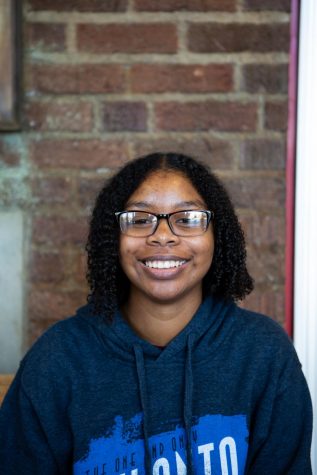Remembering Nipsey Hussle, his music, his message and his legacy
April 25, 2019
What comes to mind when you hear the word ‘rapper’? Maybe it’s the lifestyle: expensive clothes, flashy cars, gold, diamonds, sex, money. Or maybe it’s the violence: guns, drugs, gangs, thugs.
Then there’s Nipsey Hussle.
Born in the Crenshaw neighborhood of Los Angeles, California, member of the Rollin’ 60’s Neighborhood Crips, of course the rapper drifted into some of these same hip hop tropes. But anybody who knew about Hussle will agree that he was much more than a rapper. This is why it’s been so hard to move forward from his death.
Ermias “Nipsey Hussle” Asghedom was fatally shot in the parking lot of his Marathon Clothing store. Hussle, called “Neighborhood Nip” by those in his hometown, was highly regarded for his community activism, many innovative business ventures and musical ability. Family, friends and fans gathered on April 11 to fill the 21,000-seat Staples Center for his “celebration of life”. Some fans were gifted free tickets to attend. Television networks, including BET, NBC, and Entertainment Tonight, live-streamed the memorial which saw performances by Marsha Ambrosius, Jhené Aiko and Stevie Wonder and eulogies by long-time girlfriend and actress Lauren London, brother Samiel “Blacc Sam” Asghedom, rappers YG and Snoop Dogg and more. Cities all over the country mourned his death and celebrated his accomplishments. Even Kansas City, MO held a balloon release April 5.
He will be remembered as a brilliant man who unified his people and never forgot where he came from. After his death, gang leaders from Inglewood, Compton and Watts met to plan a cease-fire and “Unity Walk” for Bloods, Crips and other L.A. gangs in honor of the beloved rapper. LAPD chief Michael Moore said at a press conference announcing his death, “I saw the name Nipsey Hussle, and I looked at that again, and I looked at it again, and it was like I could not believe it. This is a voice that was trying to help.”

